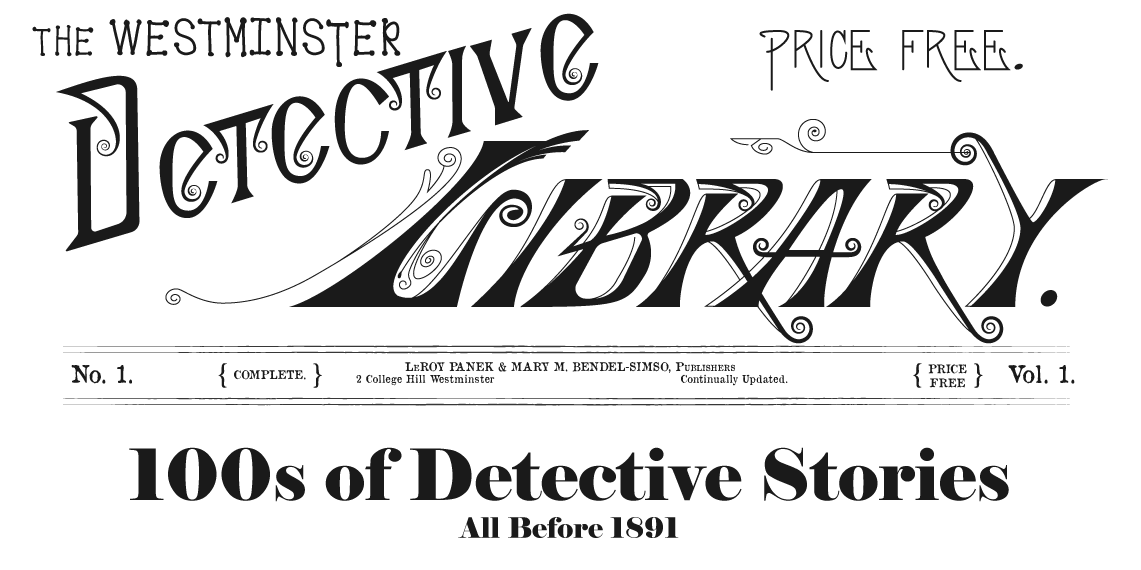Atlantic Mail—First Class
As naturally as a steel needle flies to a magnet so have I felt always ready to hurry to the aid of a lady in distress. I do not say it vauntingly, nor put it forward as a virtue, for the act has generally been involuntary; and so it was one day last year, when, having seen my small quantity of personal luggage on board the great screw-liner lying at the wharf getting up her steam, ready for her race across the Atlantic, I was loafing about, watching with considerable amusement the arrival of passengers, for the most part excited, worried, and the prey of porters and cabmen, who seem to be troubled with no more perfections in Liverpool than in the metropolis. A lighted cigar was between my lips, and I was trying to enjoy it—for, judging from old experience of my sensations in a rough sea, I did not anticipate much comfort for the next two or three days at the least—when a very ordinary-looking man, evidently a commercial traveler for a cutting house, walked up and asked me for a light, staring at me the while in so offensive a manner that, as I handed my cigar, I glanced down at his left hand to see that it was not meddling with my watch-chain.
“Looks like a commercial, but may be a pick-pocket,” I said—mentally, of course—while he puffed at his cigar, putting mine out in the process.
“Going across?” he said, abruptly, and, to use what would probably have been his expression, taking stock of me the while.
“Sir?”
“Going across the pond—Helvellyn?” he said again, coolly, and nodding his head toward the great steaming and snorting vessel.
“My cigar—thanks!” I said, in a tone meant to be perfectly Belgravian in its hauteur, as I turned aside; for I had met the appeal of a pair of dark eyes—a… Read More
